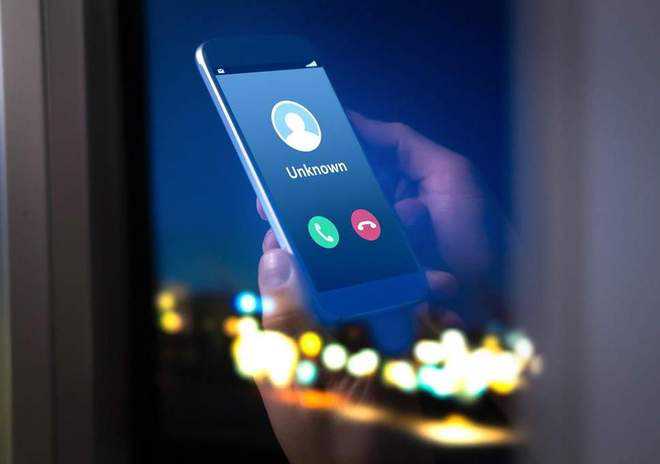Anthony Cuthbertson
Nearly half of all calls to mobile phones next year will be made by scammers, according to new research.
In the recent years, the so-called robocalls and call spoofing have exploded with the number of mobile scam calls rising from 3.7 per cent in 2017 to 29.2 per cent in 2018. If this trend continues, it is estimated that 44.6 per cent of all calls come from scammers in early 2019. The figure is based on projections by First Orion, a US-based firm that develops caller ID technology to identify scam calls.
The issue has become so severe, the firm warns, that people are now conditioned to not answer their phone if they do not know who is calling. “Year after year, the scam call epidemic bombards consumers at record-breaking levels, surpassing the previous year and scammers increasingly invade our privacy at new extremes,” said Charles Morgan, CEO and head data scientist of First Orion.
Earlier this year, First Orion executive vice president Scott Hambuchen provided testimony to Congress for a hearing about the scourge of robocalls and caller ID spoofing. In the his testimony, Hambuchon stated that consumers are being scammed out of “hundreds of millions of dollars a year”, causing trust in unknown callers to plummet.
“The fraudsters are very sophisticated, evolving their practices to avoid being labeled or blocked,” he said. “As a result, we are in an arms race, not a marathon with a finish line, and will be in it until we make it un-profitable.”
In the US, the Federal Communications Commission (FCC) has been working with the mobile phone and telecom industry to address the issue, with First Orion calling for more effective call protection solutions to be implemented. “The FCC has joined forces with several technology companies, including First Orion, to find a way to combat these calls,” Morgan said.
“After working closely with several carriers, we’ve found that in-network solutions that leverage sophisticated data analysts and machine learning are by far the most accurate way to pinpoint the origin of a call and identify it before it reaches your phone.”
— The Independent
Unlock Exclusive Insights with The Tribune Premium
Take your experience further with Premium access.
Thought-provoking Opinions, Expert Analysis, In-depth Insights and other Member Only Benefits
Already a Member? Sign In Now










